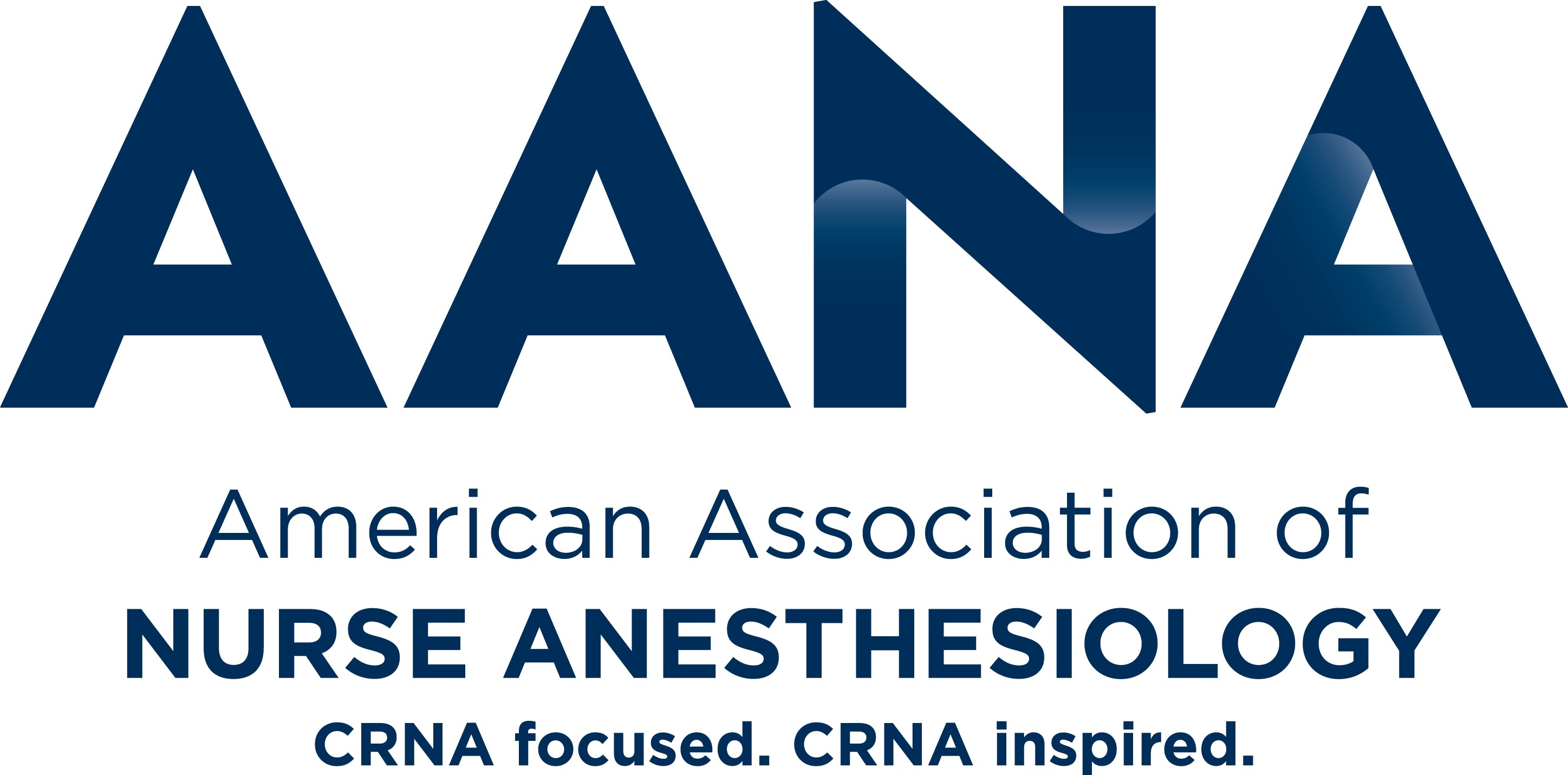More Post from the Author
- VERTEX Strengthens Leadership Team with Key Executive Appointments and New Board Members
- Waters Corporation Schedules Second Quarter 2025 Earnings Conference Call
- Nuvei se asocia con flaconi para impulsar el crecimiento europeo de la cadena de belleza y fragancias
- Why Property Managers Are Losing ROI Without Modern Inspection Software--And the Smart Way to Fix It
- Granite State Gaming & Hospitality Partners with Gaming Analytics to Power Data-Driven Guest Experiences Across Lilac Club Casino and Beach Club Casino
AANA Applauds the Introduction of Legislation That Will Address the Nation's Nursing Shortage

ROSEMONT, Ill., Jan. 29, 2025 /PRNewswire/ -- Recently, CongresswomanJen Kiggans (R-VA) introduced the PRECEPT Nurses Act, a bipartisan bill that would address our country's nursing shortage by establishing a $2,000 tax credit for nurses who serve as a clinical preceptor to nursing students. This legislation is being introduced alongside Reps. Dave Joyce (R-OH), ClaudiaTenney (R-NY), and Jim Costa (D-CA) in the U.S. House of Representatives, and by Sens. Mark Kelly (D-AZ) and Marsha Blackburn (R-TN) in the U.S. Senate.
The American Association of Nurse Anesthesiology (AANA) supports this legislation, which if passed, will help ensure that enough nurses, including Certified Registered Nurse Anesthetists (CRNAs), also known as nurse anesthesiologists or nurse anesthetists, will be available to care for patients in all settings, including rural and underserved communities.
"As the primary anesthesia providers in most rural hospitals, and the predominant providers in underserved communities, CRNAs play an important role in maintaining critical access in communities across the country," said AANA President Janet Setnor, MSN, CRNA, Col. (Ret), USAFR, NC. "This legislation paves the way to increase patients' access to care through the development of a growing pipeline for nurses, including CRNAs. This critical legislation will help ensure that everyone who needs access to the high-quality care provided by advanced practice registered nurses such as CRNAs can have it."
Nationally, the significant shortage of nurses is leading to worse outcomes for patients and causing burnout among the existing workforce. Requirements to become a registered nurse vary by state, but most states require several hundred hours of clinical training led by a certified nurse preceptor.
To become a preceptor, nurses undergo extensive training, often at their own expense. Many cite increasing workload, burnout, and lack of institutional support as reasons for not becoming a preceptor. The PRECEPT Nurses Act wouldincentivize nurses to become nurse preceptors. Increasing the number of nurse preceptors means more nursing students can receive their clinical training and enter the workforce.
CRNAs are anesthesia professionals who safely administer more than 58 million anesthetics to patients each year in the United States. CRNAs practice in every setting in which anesthesia is delivered: traditional hospital surgical suites and obstetrical delivery rooms; critical access hospitals; ambulatory surgical centers; ketamine clinics; the offices of dentists, podiatrists, ophthalmologists, plastic surgeons, and pain management specialists; and U.S. military, Public Health Services, and Department of Veterans Affairs healthcare facilities.
SOURCE American Association of Nurse Anesthesiology

More Post from the Author
- VERTEX Strengthens Leadership Team with Key Executive Appointments and New Board Members
- Waters Corporation Schedules Second Quarter 2025 Earnings Conference Call
- Nuvei se asocia con flaconi para impulsar el crecimiento europeo de la cadena de belleza y fragancias
- Why Property Managers Are Losing ROI Without Modern Inspection Software--And the Smart Way to Fix It
- Granite State Gaming & Hospitality Partners with Gaming Analytics to Power Data-Driven Guest Experiences Across Lilac Club Casino and Beach Club Casino
